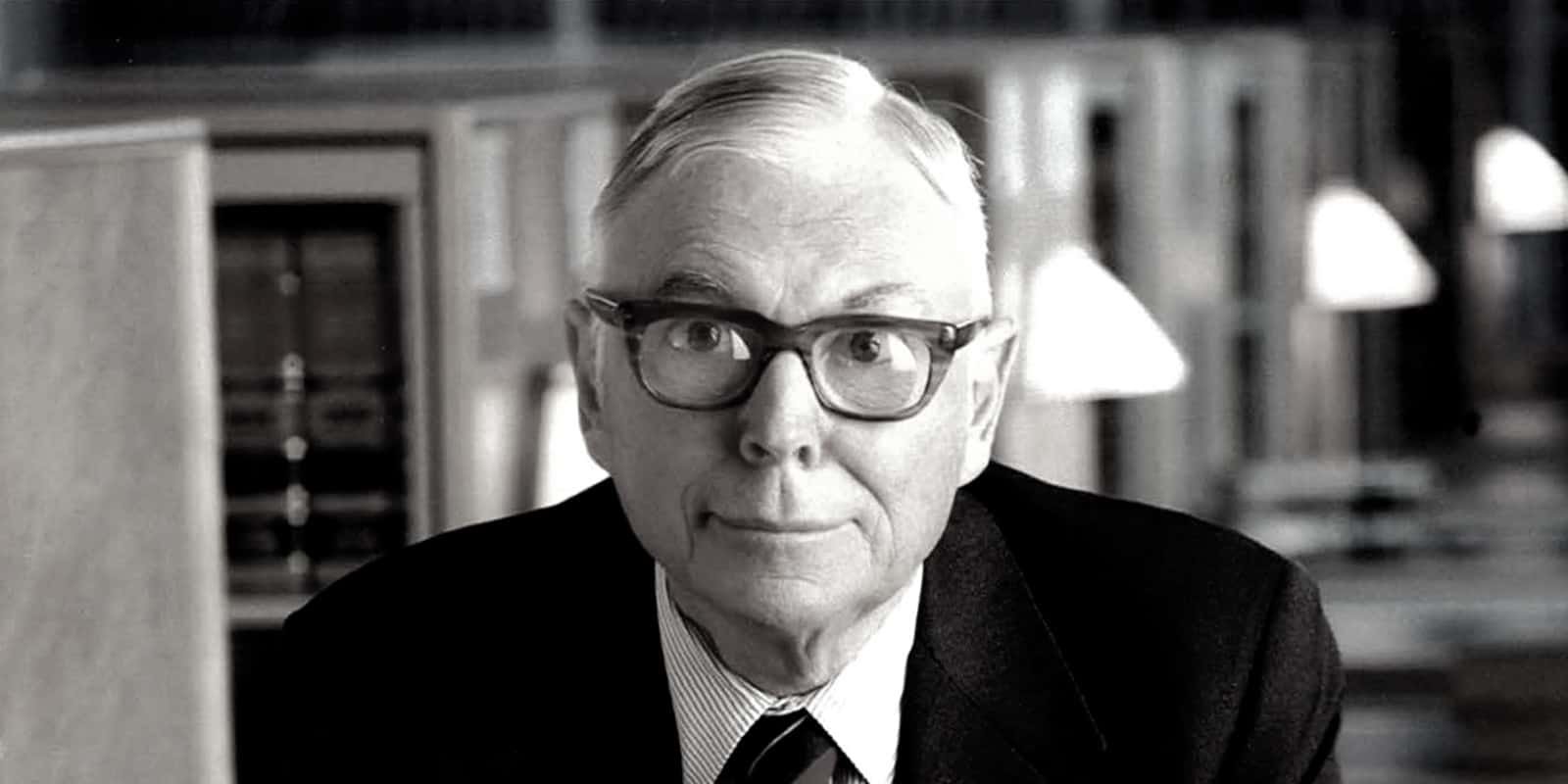Table of Contents
Introduction
Charles Thomas Munger, often referred to as Charlie Munger, is one of the most influential figures in the world of investing and business. Best known as the vice chairman of Berkshire Hathaway and the long-time partner of Warren Buffett, Munger has built a legacy as a brilliant investor, thinker, and philosopher. His life and work offer invaluable lessons for anyone interested in business, investing, and decision-making.
Early Life and Education
Charles Munger was born on January 1, 1924, in Omaha, Nebraska. His father, Alfred Munger, was a lawyer, and his mother, Florence “Toody” Russell, came from a prominent family. Munger’s early life was marked by intellectual curiosity and a strong work ethic. He attended the University of Michigan, where he studied mathematics, but his education was interrupted by World War II. Munger served in the U.S. Army Air Corps as a meteorologist, an experience that honed his analytical skills.
After the war, Charles Munger attended Harvard Law School, graduating magna cum laude in 1948. He initially pursued a career in law, founding the law firm Munger, Tolles & Olson in Los Angeles. However, his interests soon expanded beyond law into investing and business.
Partnership with Warren Buffett
Charles Munger’s life took a pivotal turn when he met Warren Buffett in 1959. The two quickly recognized their shared values and complementary skills. While Buffett was deeply influenced by Benjamin Graham’s value investing principles, Munger introduced a broader perspective, emphasizing the importance of investing in high-quality businesses at reasonable prices. This philosophy became a cornerstone of Berkshire Hathaway’s success.
Munger joined Buffett at Berkshire Hathaway in the 1970s, and together they transformed the struggling textile company into a diversified conglomerate with holdings in insurance, utilities, manufacturing, and consumer goods. Munger’s role as Buffett’s “right-hand man” has been instrumental in shaping Berkshire’s investment strategy and culture.
Key Lessons from Charles Munger
- The Power of Multidisciplinary Thinking
Munger is a staunch advocate of learning from multiple disciplines. He believes that relying on a single framework or model limits one’s ability to solve complex problems. Instead, he promotes the use of “mental models” from fields such as psychology, economics, history, and physics to make better decisions. - Inversion Thinking
Munger often emphasizes the importance of thinking backward. Instead of asking, “How can I succeed?” he suggests asking, “What will make me fail?” By avoiding mistakes, success often follows naturally. - Long-Term Focus
Charles Munger and Warren Buffett share a commitment to long-term investing. Munger advises against chasing short-term gains and instead encourages patience, discipline, and a focus on sustainable value. - The Importance of Integrity
Charles Munger places a high value on ethics and integrity. He believes that trustworthiness and honesty are essential for long-term success in both business and life. - Avoiding Stupidity
Munger famously said, “It is remarkable how much long-term advantage people like us have gotten by trying to be consistently not stupid, instead of trying to be very intelligent.” He emphasizes avoiding obvious mistakes over seeking brilliance.
Notable Quotes
- On Investing:
“The big money is not in the buying and selling, but in the waiting.”
“It’s far better to buy a wonderful company at a fair price than a fair company at a wonderful price.” - On Decision-Making:
“I never allow myself to hold an opinion on anything that I don’t know the other side’s argument better than they do.”
“In my whole life, I have known no wise people who didn’t read all the time—none, zero.” - On Life and Success:
“The best thing a human being can do is to help another human being know more.”
“Spend each day trying to be a little wiser than you were when you woke up.”
Munger’s Ideas and Philosophies
- The Lollapalooza Effect
Munger coined the term “Lollapalooza Effect” to describe the phenomenon where multiple biases, tendencies, or forces converge to produce extreme outcomes. Understanding this concept helps in anticipating complex, real-world scenarios. - Circle of Competence
Charles Munger advises individuals to operate within their “circle of competence”—areas where they have deep knowledge and expertise. Venturing outside this circle increases the risk of poor decisions. - Rationality and Emotional Control
Munger stresses the importance of rationality and emotional discipline. He believes that avoiding envy, resentment, and impulsive behavior is crucial for success. - The Role of Incentives
Munger often highlights the power of incentives in shaping behavior. He famously said, “Show me the incentive, and I’ll show you the outcome.” - Continuous Learning
Munger is a lifelong learner. He attributes much of his success to his voracious reading habit and his commitment to expanding his knowledge across disciplines.
Legacy and Influence
Charles Munger‘s influence extends far beyond his role at Berkshire Hathaway. His speeches, writings, and interviews have inspired countless individuals to adopt a more thoughtful and disciplined approach to investing and life. Munger’s annual addresses at the Berkshire Hathaway meetings and his famous “Poor Charlie’s Almanack” (a compilation of his wisdom) are considered essential reading for investors and business leaders.
Munger’s philanthropic efforts are also noteworthy. He has donated millions to educational institutions, including the University of Michigan and Stanford University, reflecting his belief in the transformative power of education.
Conclusion
Charles Munger’s life and work offer a masterclass in investing, decision-making, and living a principled life. His emphasis on multidisciplinary thinking, long-term focus, and ethical behavior provides a roadmap for success in both business and personal endeavors. As Munger himself once said, “The best armor of old age is a well-spent life.” By following his example, we can all strive to live wisely and leave a lasting legacy.




